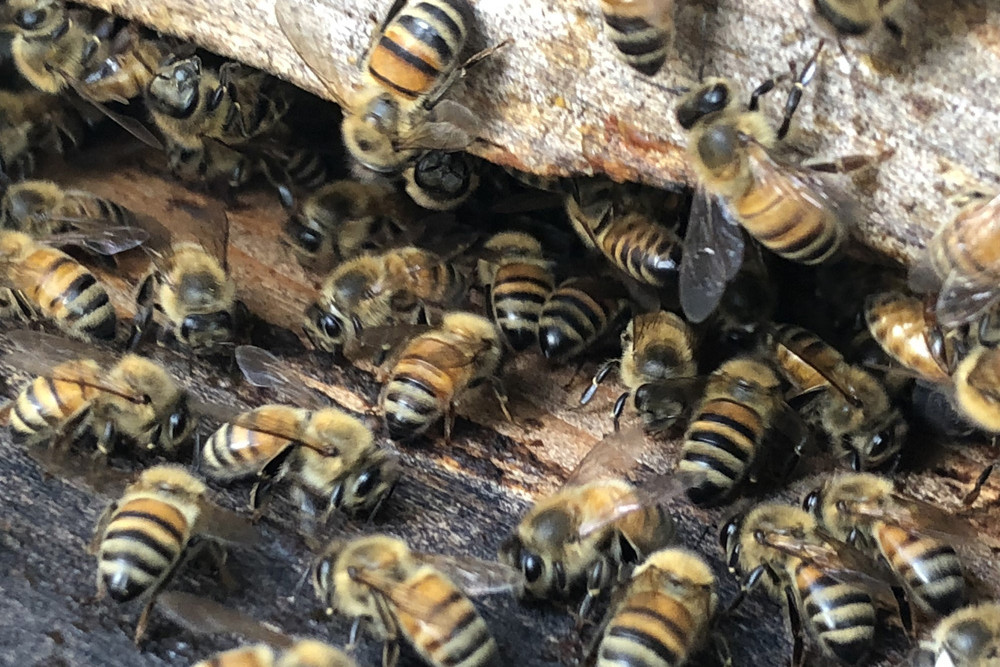On The Land
16 February, 2023
New biosecurity zone to keep the honey flowing
A NEW biosecurity zone has been established in Queensland to further protect the beekeeping industry from the threat of varroa mite coming into the State.

Minister for Agricultural Industry Development and Fisheries and Minister for Rural Communities Mark Furner said honey producers would welcome the move as another important safeguard of their livelihood.
“Queensland is free of varroa mite and we want to keep it that way,” Mr Furner said.
“All of Queensland is now a designated biosecurity zone and anyone wishing to bring in bees, hives, used beekeeping equipment or bee products (including unprocessed honey) from states or territories where varroa mite has been found will need a permit.
“Entry from states or territories declared free of varroa mite will be allowed without a permit, providing any hives are secured to prevent bees from escaping or entering other hives while in transit.”
Queensland Beekeepers Association president Jacob Stevens said the move was a positive step forward for the organisation’s members and industry colleagues who had been caught up during the closure of state borders.
“Varroa mite is a significant threat to honey bees and all those dependent on a healthy honey bee industry,” Mr Stevens said.
“The reopening of borders under a strict permit and compliance system will provide beekeepers with a means to migrate bees again on the back of another challenging season for the state’s beekeepers.”
Bee louse is no longer considered to be prohibited matter, but beekeepers must still report any signs of louse infestation in their hives.
Processed honey or processed beeswax, new or unused apiary appliances, and quarantine secured diagnostic honey sample for testing at a recognised diagnostic facility can continue to enter Queensland.
Beekeepers should continue monitoring their hives and report unexpected hive deaths, deformed bees, parasites, poor brood patterns and dead brood to Biosecurity Queensland on 13 25 23.
All beekeepers should the results to Bee 123 - Surveillance (arcgis.com) online form, scan the QR code or call 13 25 23, even if no suspect mites are found.
The more checks and reports made by commercial and recreational beekeepers, the more data is available to support Queensland's claim of area freedom from varroa mite.
Apiarists who suspect a case of varroa mite should immediately call Biosecurity Queensland on 13 25 23 or email info@daf.qld.gov.au.
Detailed information on how to check hives and report results can be found at daf.qld.gov.au/varroa and daf.engagementhub.com.au/varroa-mite.


